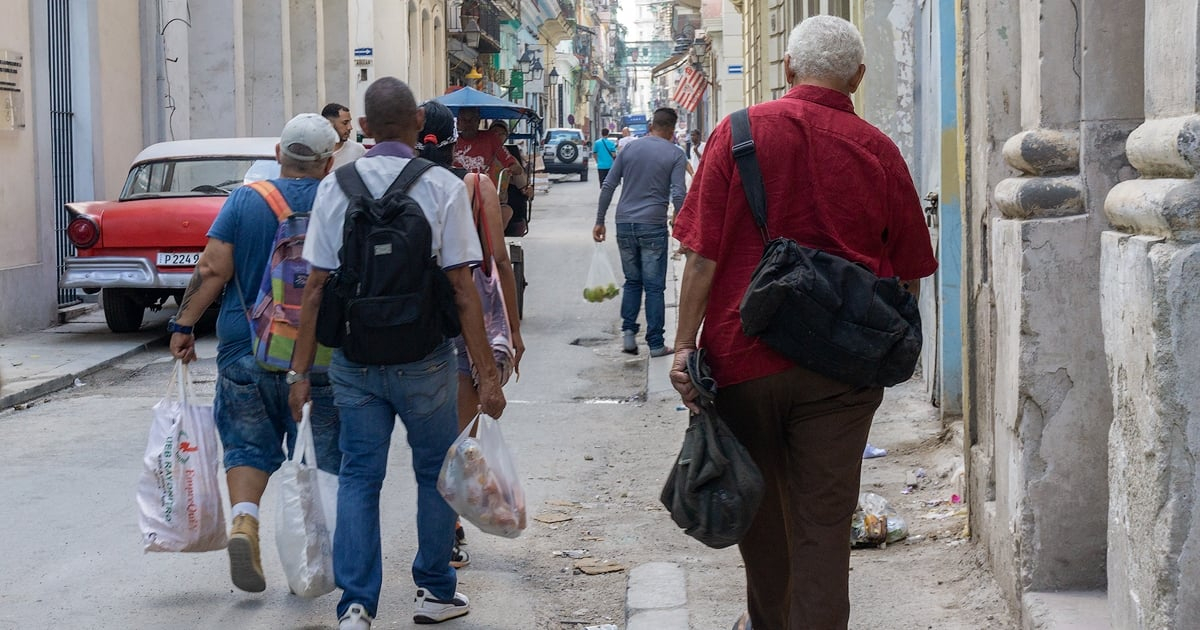José Luis Rodríguez García, who served as Cuba's Economy Minister from 1995 to 2009, has revealed that the island nation has endured a loss of over $4 billion in external revenue between 2019 and the first half of 2024. This substantial loss has further worsened the already fragile economic situation in the country.
Rodríguez, currently an investigator at the Center for Research on the World Economy (CIEM), published an analysis on Cuba's economic situation in the journal El Economista. He highlighted that the Cuban economy experienced a significant setback in 2023, with a GDP decline of -1.9%.
This downturn is attributed to a mix of external factors, including the U.S. economic embargo, the COVID-19 pandemic, and the volatility in global food and oil prices, as well as internal mismanagement of the country's economy. Rodríguez concludes that normalization of the Cuban economy seems distant, with growth estimates barely reaching 2% in 2023 and a projection of 3% for 2024.
He explains that the persistence of the embargo, combined with the pandemic's aftermath and international challenges such as the war in Ukraine and tensions in the Middle East, continue to negatively impact Cuba. Key sectors like tourism and exports of nickel and sugar are particularly affected.
The economic crisis in Cuba has been described with various euphemisms over the years. In April, the Council of Ministers and Prime Minister Manuel Marrero Cruz acknowledged that "amid the economic difficulties the country is facing," "it is true that the best productive levels and efficiency cannot be achieved, but it is possible to make progress if we fully exploit collective intelligence."
However, this statement appears to be an illusion in the face of widespread scarcity, discontent, and no imminent improvement. Cuban economist Pedro Monreal debunked several statements from that council, concluding that "the official information from the recent Council of Ministers meeting confirms the worsening economic crisis, the lack of effective policies, the prevalence of rhetoric over realism, and an outdated vision of the agricultural sector."
Impact of Economic Mismanagement and External Factors on Cuba
To better understand the implications of the reported economic losses and the current economic climate in Cuba, we address some frequently asked questions below.
What are the main external factors affecting Cuba's economy?
The main external factors impacting Cuba's economy include the U.S. economic embargo, the COVID-19 pandemic, and global market volatility in food and oil prices. Additionally, international conflicts such as the war in Ukraine and tensions in the Middle East also play a significant role.
How has the U.S. embargo contributed to Cuba's economic decline?
The U.S. embargo has severely restricted Cuba's access to international markets, limiting its ability to trade and attract foreign investment. This has exacerbated economic challenges and contributed to significant revenue losses.
What sectors in Cuba are most affected by the economic crisis?
Key sectors such as tourism and exports of nickel and sugar are among the most affected by the economic crisis. The pandemic and international market fluctuations have further compounded these issues.
